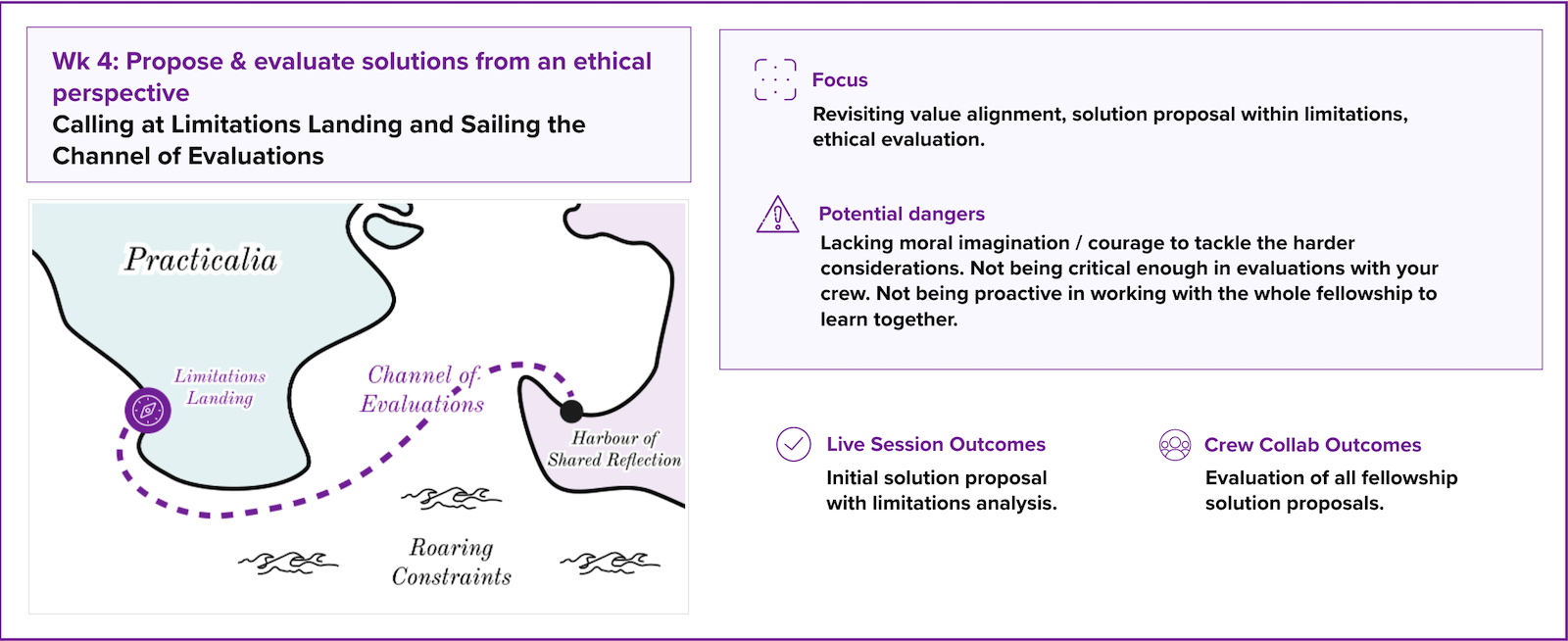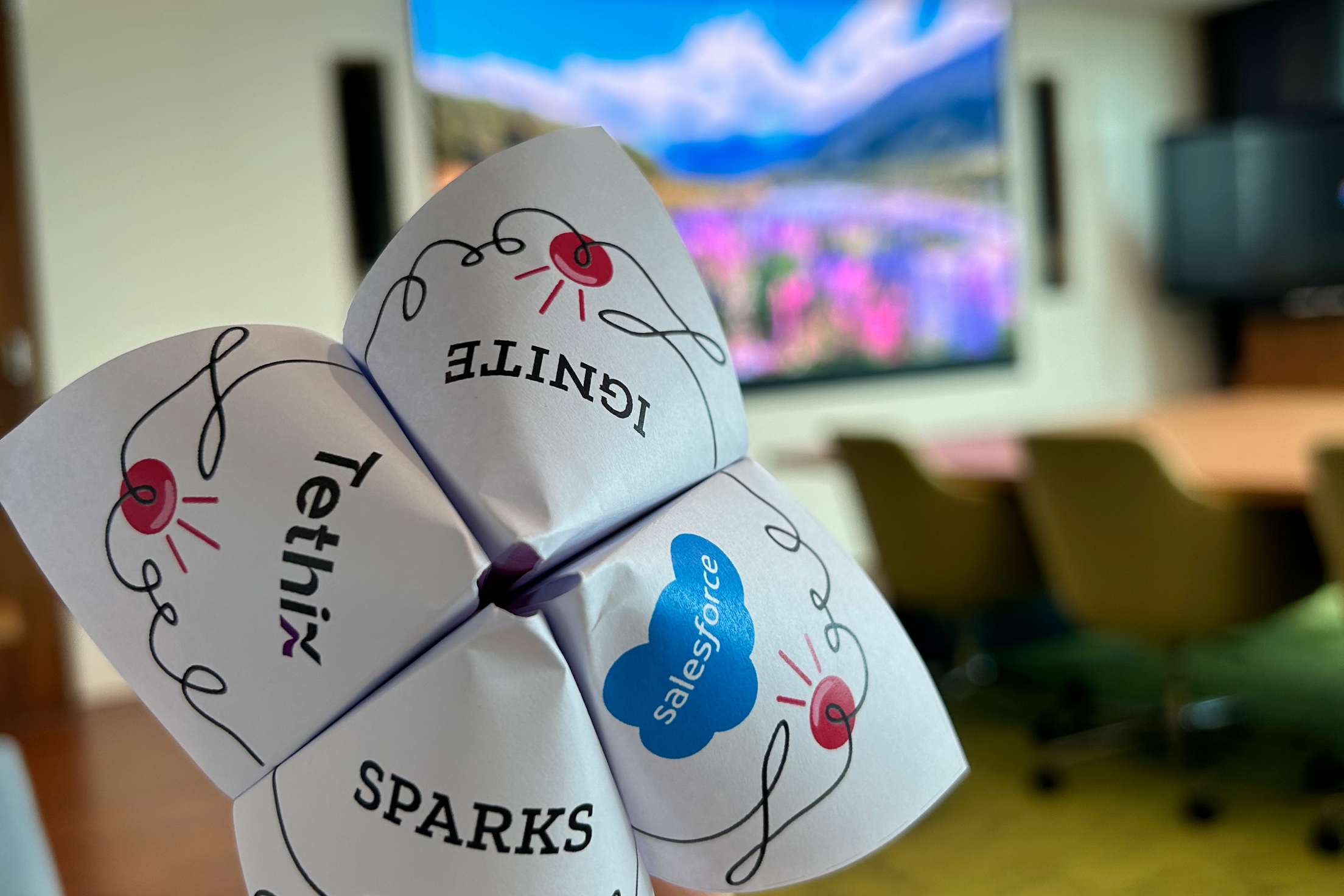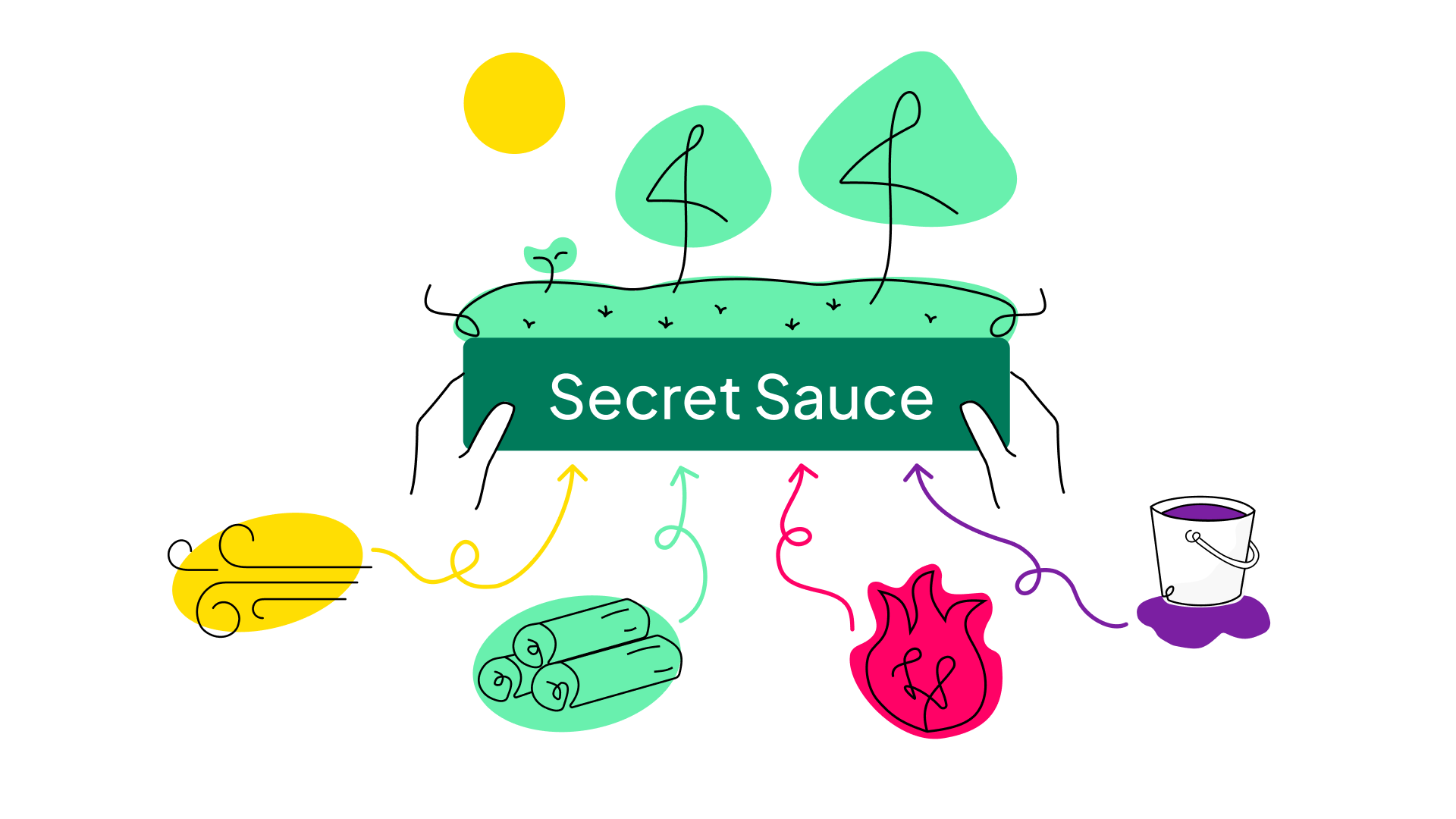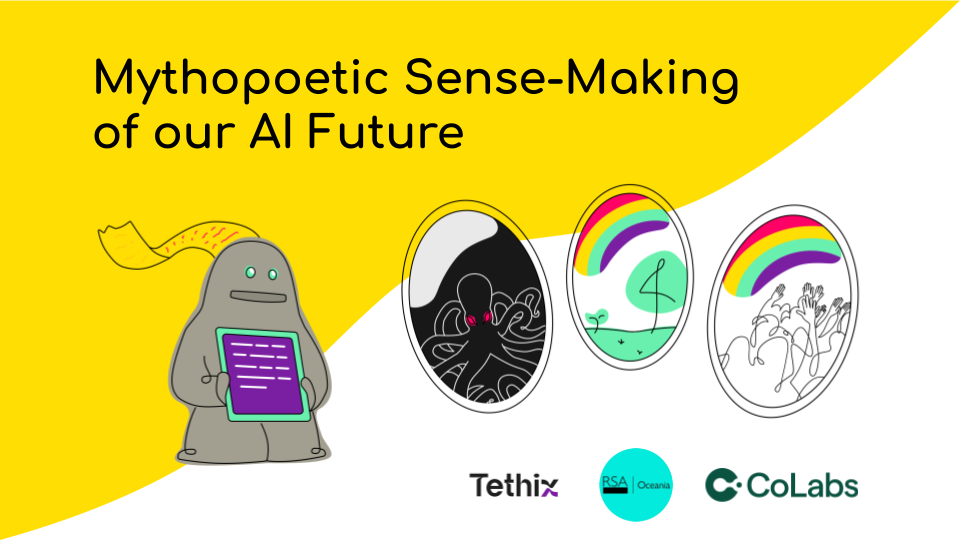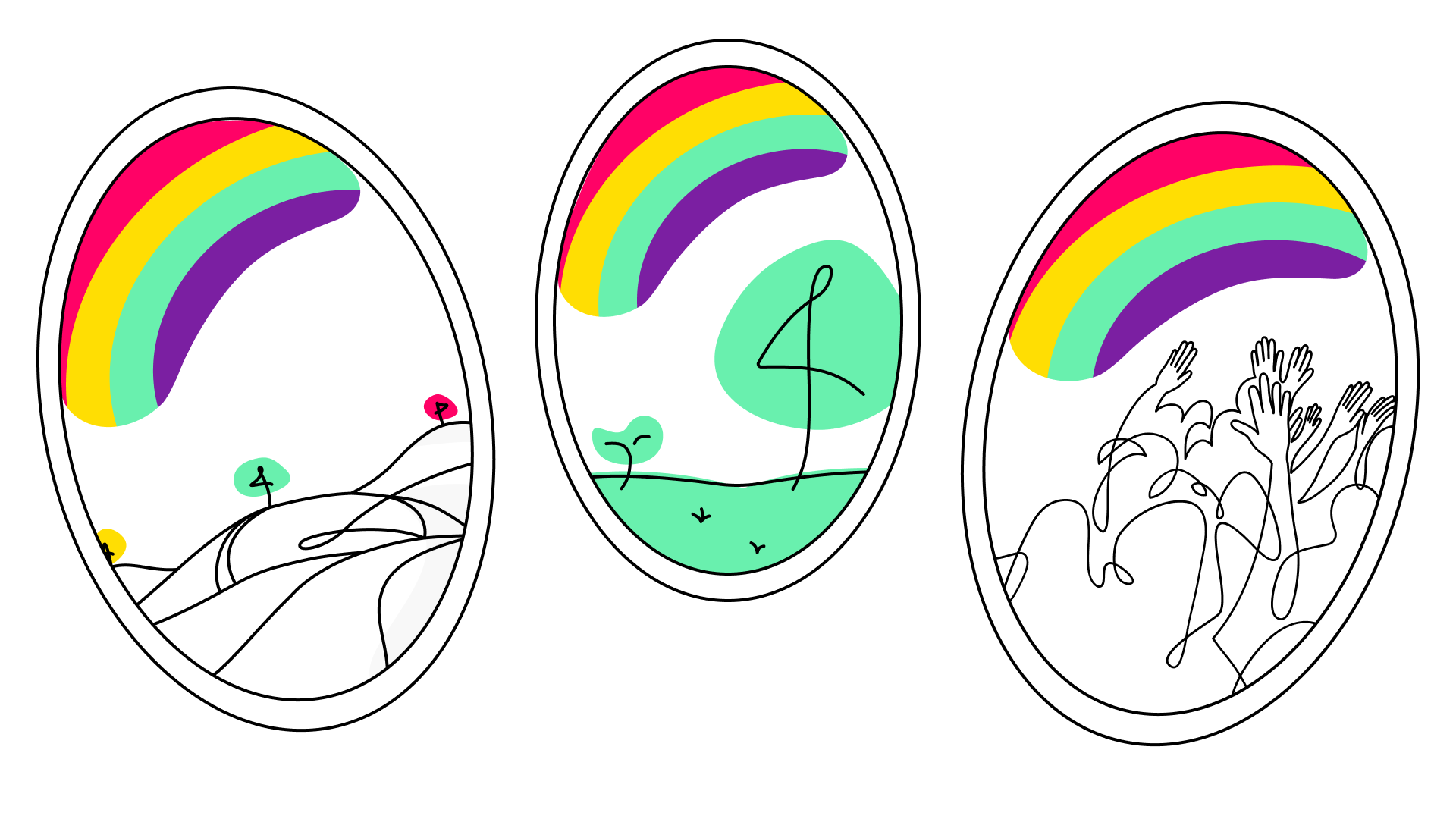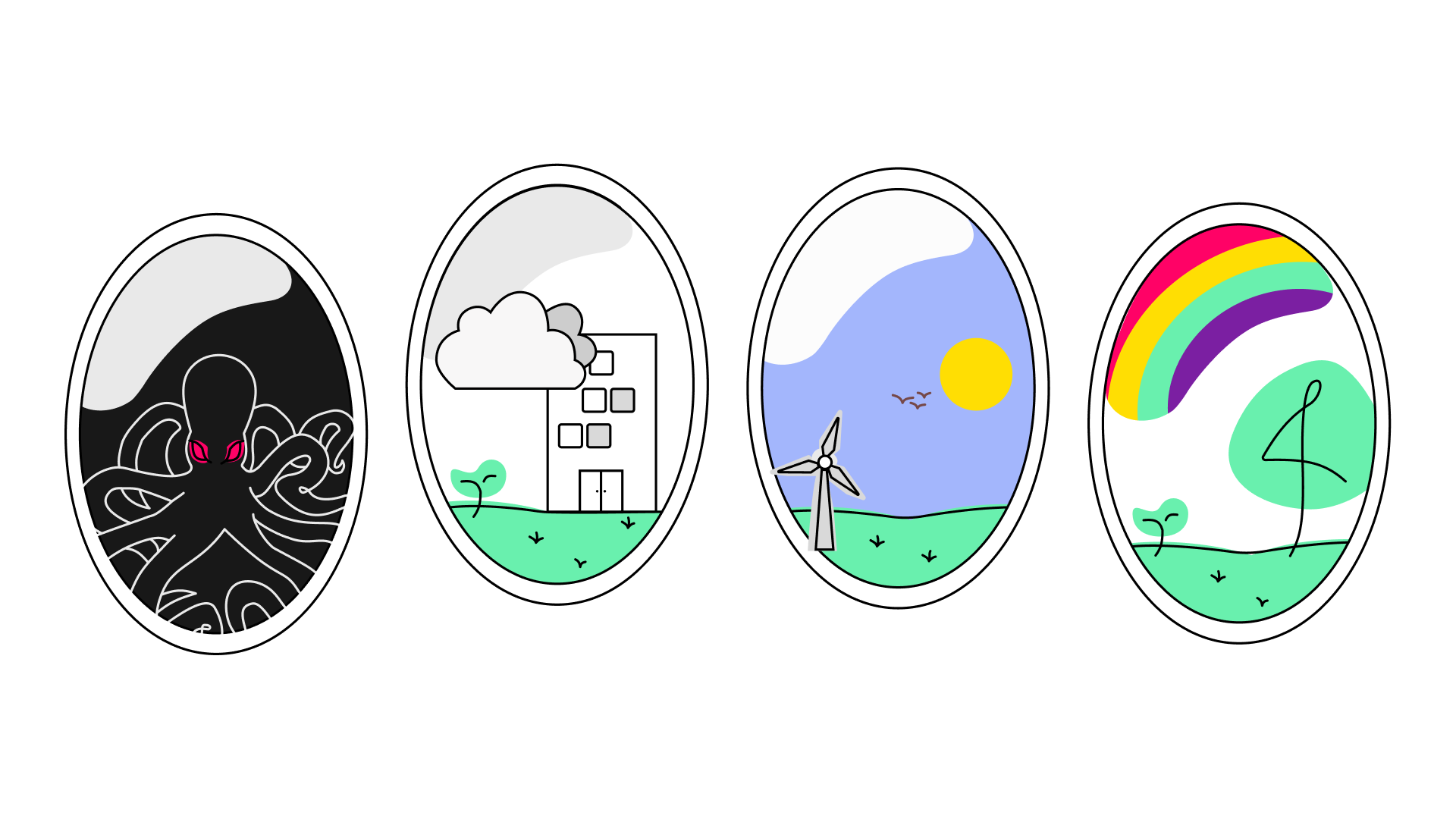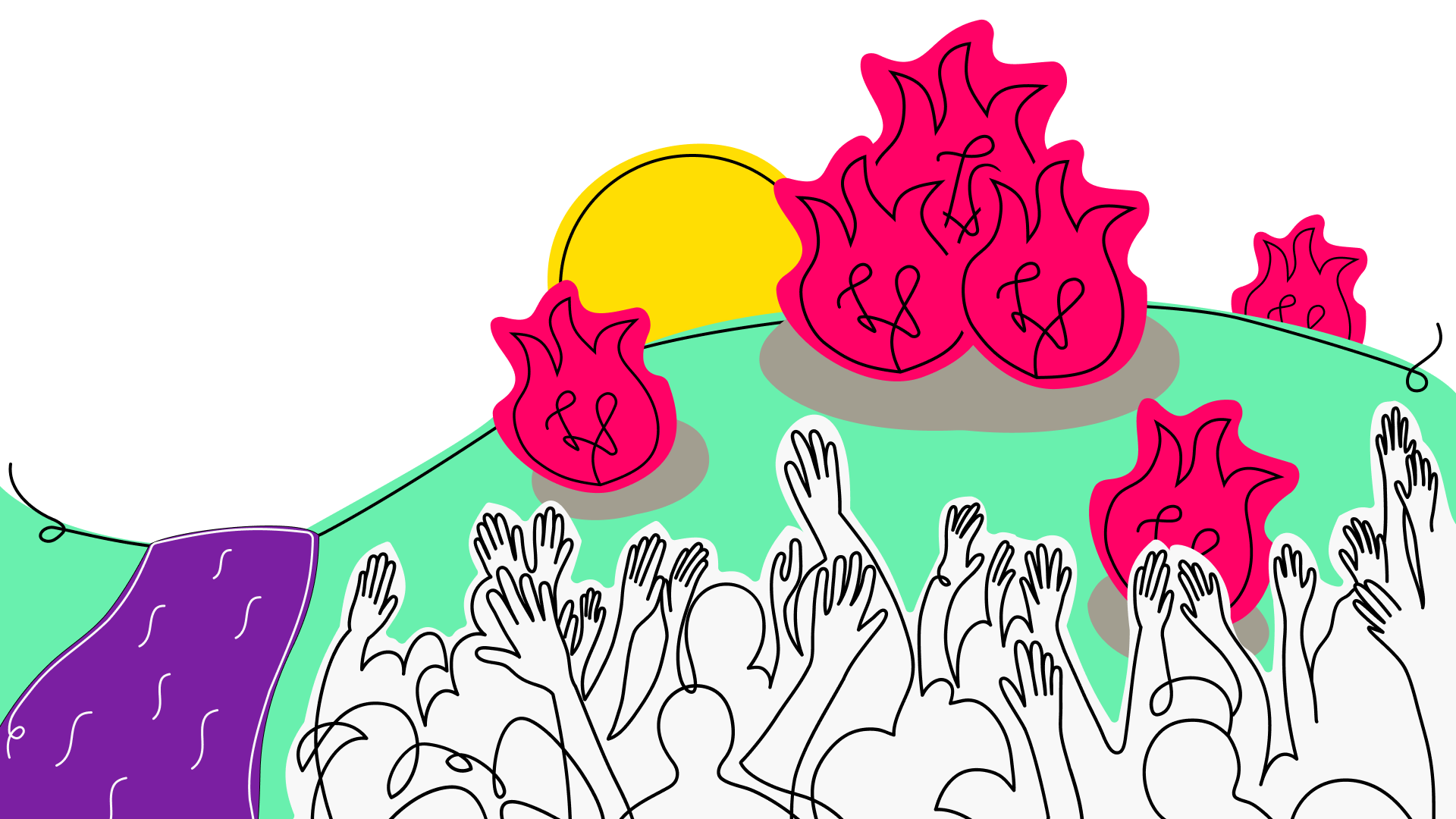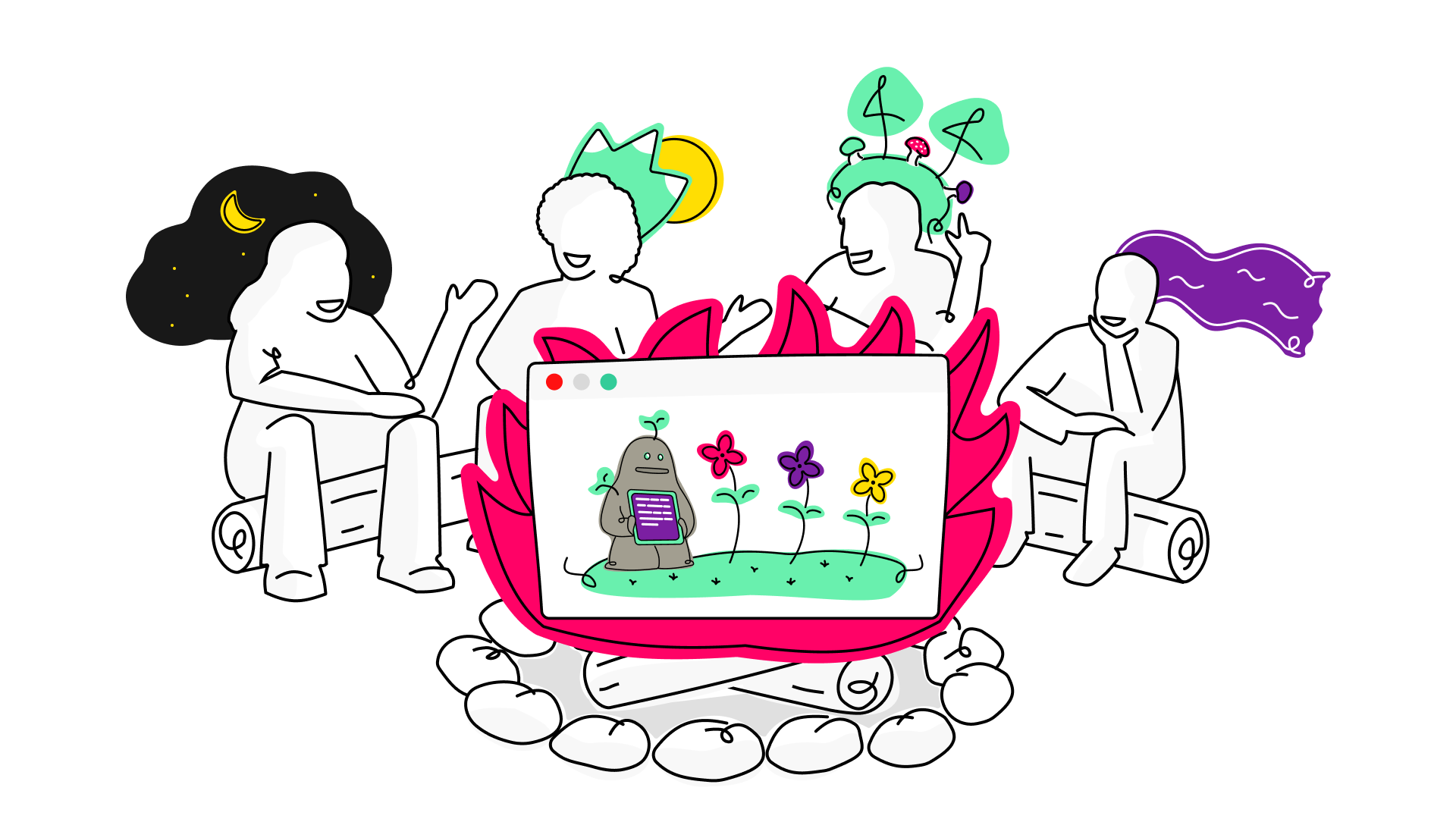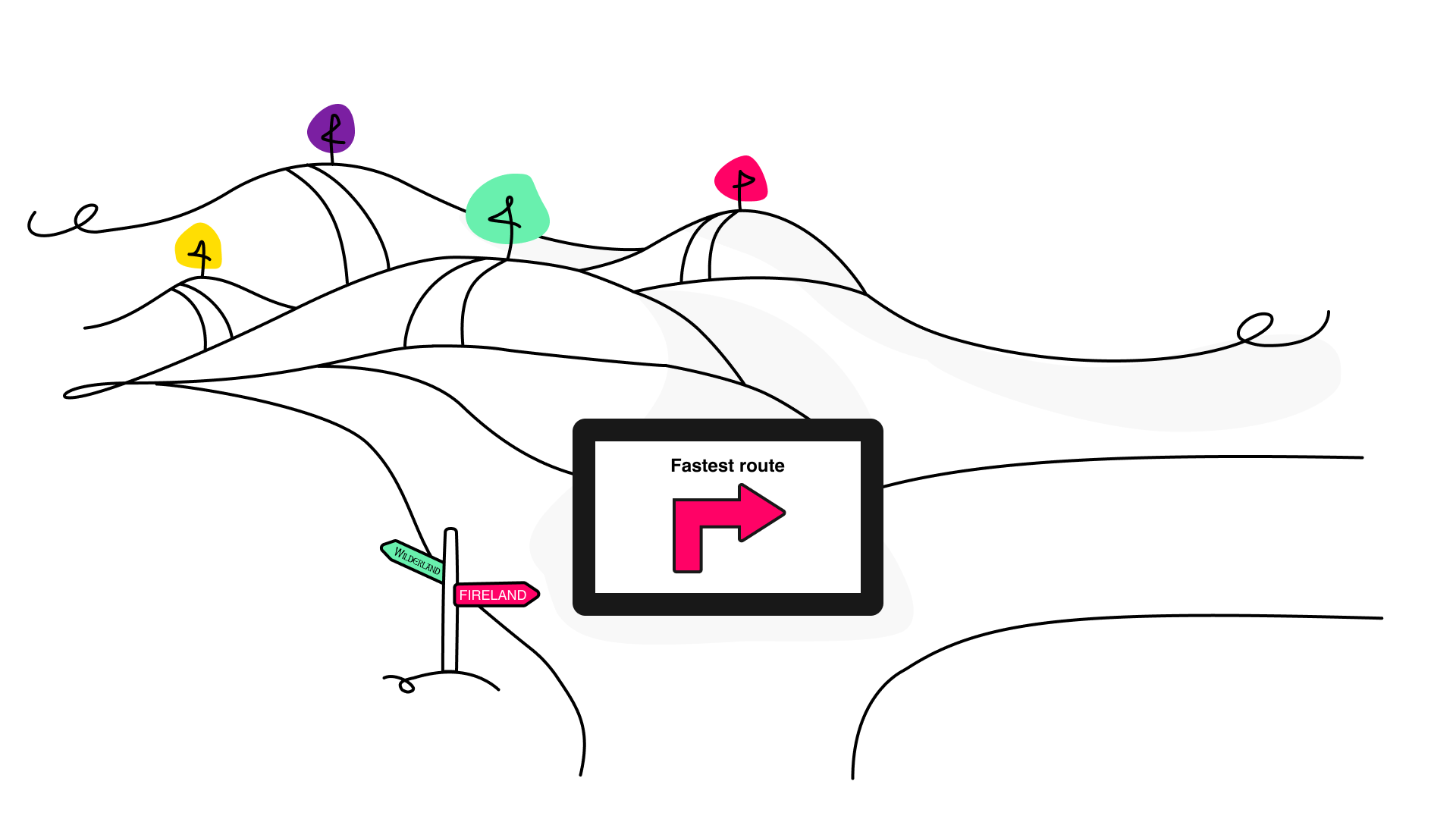Our pilot exploration journey in the Tethix Learning Archipelago continues with fresh observations on our collaborative online learning experience in tech ethics.
If you’re new to this series, we invite you to start with the pre-launch and week 1 overview for additional context on our approach and goals and read the week 2 journey report.
Week 3 overview: crew check-in amidst the research expedition
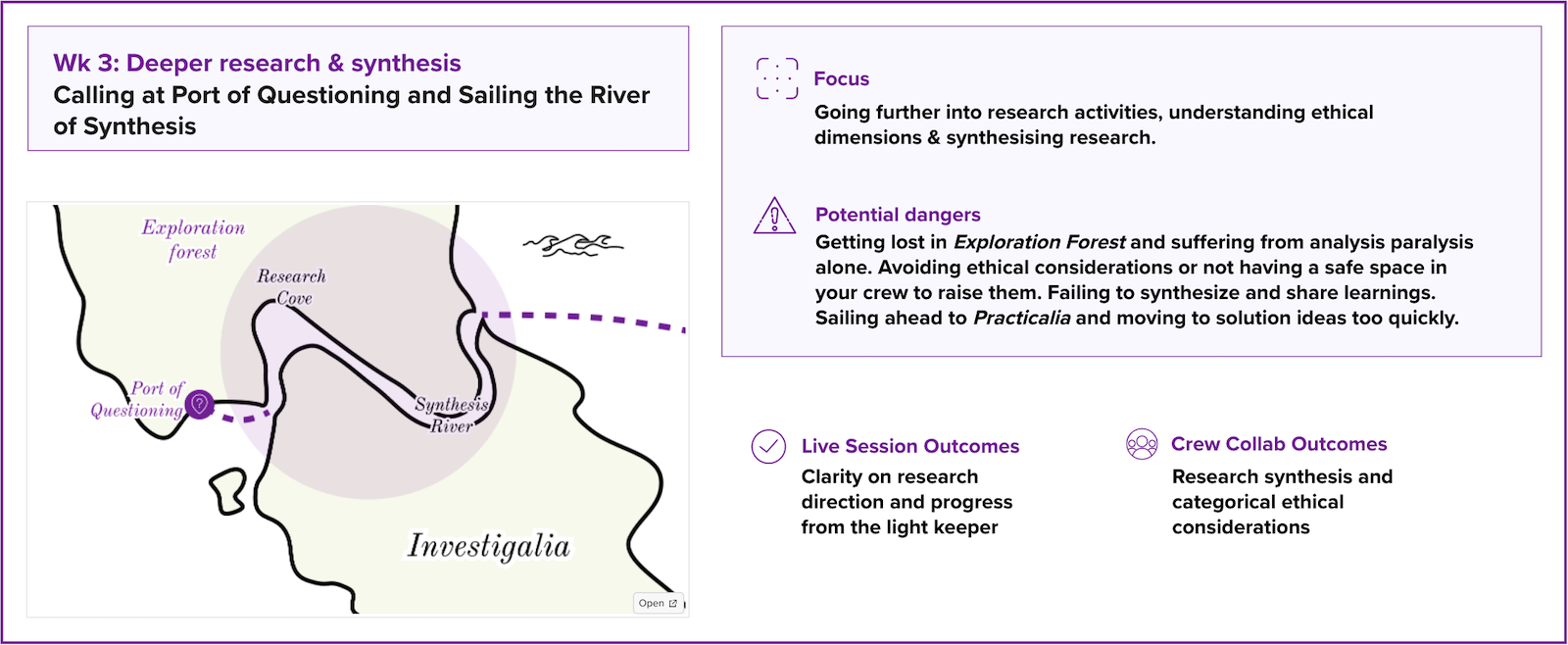
After last week’s intense live session, week 3 emphasized crew collaboration outside the live session to give our crews more time and space for their research expedition. In week 2, each crew defined their challenge statement – their purpose for this journey – and started exploring their problem space.
As in previous weeks, we kicked off week 3 on Tuesday, March 15, with a 3-hour live session for two groups across different timezones. However, instead of crews sharing the entire live session, each crew was allocated up to 1.5 hours for a check-in with the light keepers (we have two crews in each of our groups). The main goal of this week’s session was to allow each crew to get more clarity about the research expedition. Spending time alone with each crew also allowed us to observe their crew dynamics.
We didn’t prepare any Mural templates to guide the session this week. Instead, we invited crews to present their research progress in their own way. The focus was on having a conversation and allowing each crew to lead the way. The pace and structure of the check-ins varied between crews, depending on their crew dynamics (more on that in the observations section).
For the rest of week 3, crews continued their research expedition independently, using different tools for collaboration. The main outcome of week 3 for each crew was to construct a shared understanding of their challenge problem space.
As in previous weeks, we were also very interested in reading a fellow’s perspective on this week’s activities.
Week 3 preliminary observations: crew dynamics and educational baggage
This week’s check-in session allowed us to get a better sense of different crew dynamics and confirm some of the observations we made last week. No two crews are alike: for instance, one of the crews seemed very comfortable having synchronous discussions over Zoom, while another crew seemed hesitant on Zoom but has an active Slack backchannel. Crews that didn’t yet establish ways of working together seem to struggle the most. At this point, crew dynamics seem to be the key factor that determines how successful the crew is at navigating the challenges of our journey.
Interestingly, one of the crews actually defined a decision-making process in week 1. However, the unplanned absence of their crew lead rocked their boat this week, and they now seem to be struggling with making decisions and listening to each other. In the context of our journey, trust and ease with each other seem to be more important than process clarity.
It seems like a good choice that we didn’t over-plan this week’s check-in. Being able to spend undivided time with each of the crews allowed us to see how they communicate with each other. Also, not having structured activities encouraged participants to ask questions and be more actively engaged rather than passively following instructions. This week’s emphasis on creating a shared understanding encouraged most crews to set an additional meeting time to do some conversational synthesis.
What surprised us the most is that we observed – or in some cases even guided – activities that were supposed to happen in previous weeks. Crews were still discussing ways of working together, one of the crew had to be guided through the process of selecting their challenge statement again. It does seem the crews rely too much on live sessions to get all their information and don’t make use of our Thursday office hours, Tethix platform, or any other channels to reach out for help in between sessions.
It is worth noting that all participants in our program are adult learners, who have to collaborate purely online, across different timezones, and are participating in this program on top of other work and life obligations. Hence, more time might be needed for this kind of exploration journey – reflecting the feedback we also received directly from some participants.
We’re also observing several patterns that we informally call educational baggage: participants have specific mental models from their experience with formal education and are surprised when things are done differently. The over-reliance on the weekly “lecture” is one example. Another notable example emerged this week: every crew had the expectation of having to prepare a formal presentation of their research and present it “in front of the class.”
As already mentioned, the purpose of the research expedition in our approach – based on the Challenge Based Learning framework – is to create a shared understanding of the problem space within the crew. Given the limited amount of time, we didn’t want to burden participants with a formal presentation, and the outcomes of having to sit through presentations that aren’t well-prepared due to time constraints are questionable. Instead, we’re having crews evaluate each other’s proposed solutions in week 4, which might spark curiosity about the research expedition behind each solution.
That said, we do realize that as instructional designers and facilitators we also have our own educational baggage. For instance, this week, we wondered how we could better support different ways of expression other than writing answers in boxes. We also need more confidence in weaving storytelling into the journey, even though it’s not something traditionally done in learning programs. Different instructional design approaches might also help participants question their existing biases and expectations.
Additional preliminary observations about the tools we use
Most of the crews are still using the Mural from last week’s session to plan their research and share preliminary findings. We equipped each crew with a Crew Deck Mural template where they have more space for collaboration, and copying content from one Mural to another is straightforward. Still, participants seem to find it easier to continue their work where they started. In other words, if the activity begins in one template, it’s probably easier to let it continue there and prepare additional space for this. We’re already taking this into account in the design of the evaluations template, which we’ll use for an activity that begins in week 4 and will be completed in week 5.
Overall, most participants don’t seem to be engaging with materials outside the live session template. This includes the Crew Deck, which includes a step-by-step journey planner, calendar, timezone tools for coordinating meeting times, etc. At the end of every week, we encourage crews to copy highlights from the live session to the journey planner on the Crew Deck, but most crews don’t seem to do this and stick with the live session templates for any additional work.
On Mural, crews do seem to be using the comments functionality and tagging each other when needed. Given the crews’ reliance on Mural templates, it appears that the Tethix platform with discussions isn’t such an important tool, so we’ll likely experiment with a different tech stack going forward.
Coming up next: proposing a solution at Limitations Landing
Next week, our crews will reach the island of Practicalia, where they’ll get the chance to propose a practical solution to their challenge. When proposing their solution, they’ll revisit their crew’s values from week 1 and discuss various limitations that lead to ethical trade-offs and limit the solution’s potential impact. During the week, the crews will evaluate each other’s solutions to uncover additional ethical and practical considerations.
